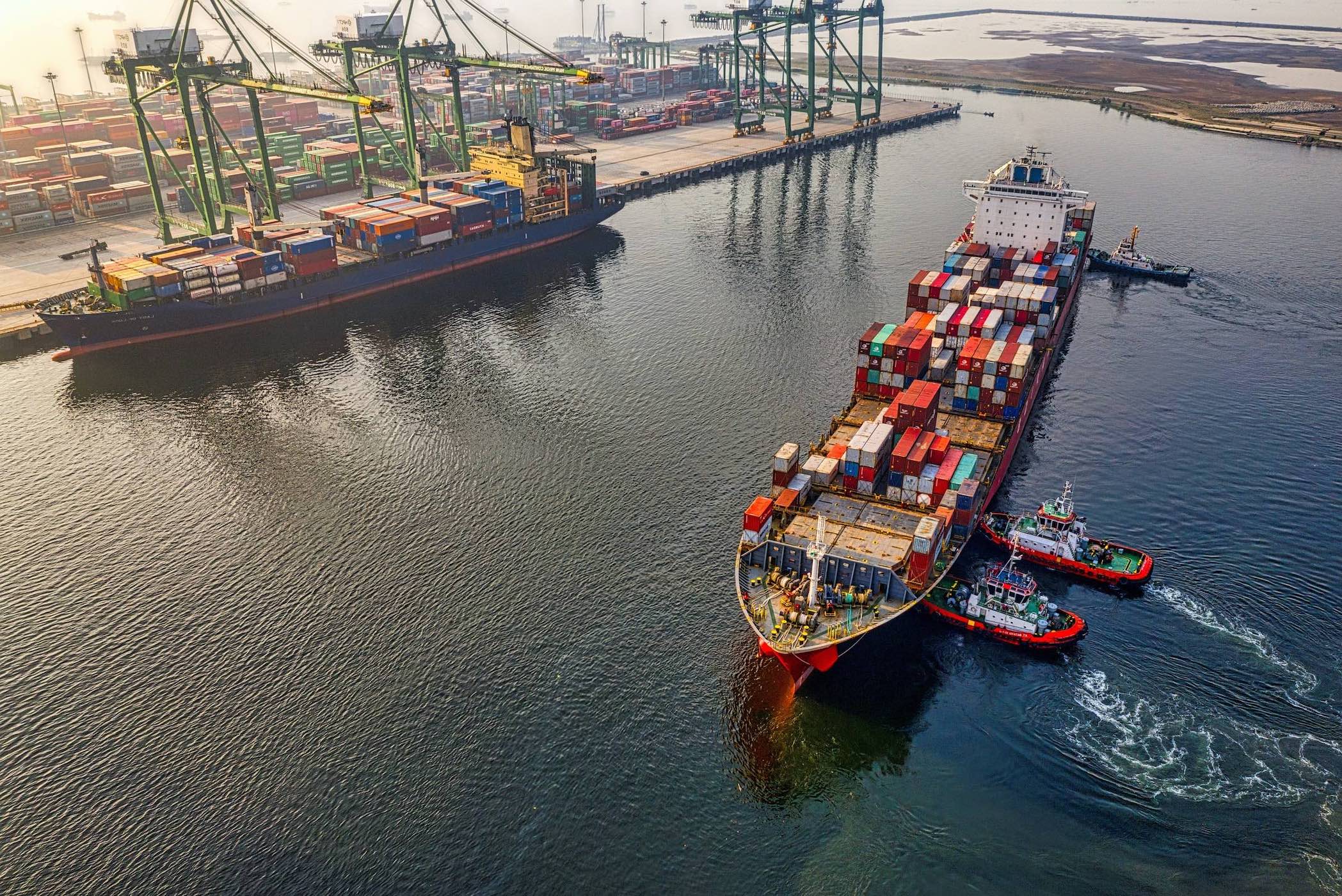What can ecology do for cities? After many years in which studies have focused on how cities alter ecosystems, researchers are now trying to answer to this question. The ecosystem approach incorporates nature into urban planning to make cities more sustainable, liveable and resilient, while managing them as ecosystems. It deals with concepts such as green infrastructure, nature-based solutions and ecosystem-based adaptation.
Bosco Verticale in Milan, more than 900 trees and thousands of shrubs and flora planted on the facades of two residential towers to improve air quality and carbon storage, or the “sponge cities” in China to mitigate increasingly frequent and severe floods, are just some examples of this recent approach.
Many studies and projects show its manifold benefits, such as water purification, reduced disaster exposure, enhanced resilience, improved social justice and inclusion.
But to really change the future of cities and move them towards sustainability, “this approach must become more systemic and pragmatic, and include the global south”, says on Nature Xuemei Bai, professor of Urban Environment and Human Ecology, Fenner School of Environment and Society, Australian National University in Canberra.
As highlighted Prof. Xuemei Bai in the World View article, the majority of studies are in fact in cities in Europe and North America, with a few from China: researchers and practitioners should therefore assess and apply the ecosystem approach also in the global south, in Africa, in Asia’s and America’s developing countries where the greatest challenges lie and often needs and priorities are different and more urgent. The ecosystem approach is still at an early stage of application in practice; to advance it, Xuemei Bai hopes for studies go beyond success case studies and best practices to explore what hasn’t worked while underlining effectiveness, constraints and scalability of this urban approach.
Moreover, she says, integration will be essential: “cities must be viewed as a human-dominant ecosystem, with natural, social, technical, economic and cultural components”, she says in the article, and researchers and urban planners must develop a more interdisciplinary approach to adequately manage them.
The article follows Xuemei Bai’s Comment “Six research priorities for cities and climate change” and her previous research work “Defining and advancing a systems approach for sustainable cities”.
Read more:
The full World View article by Xuemei Bai “Advance the ecosystem approach in cities” on Nature.
Related article: the Editorial on Nature “Science must help to make city living sustainable”.
The Comment article on Nature by Xuemei Bei and colleagues, identifying six priorities for cities and climate-change research.
The study “Defining and advancing a systems approach for sustainable cities”.






